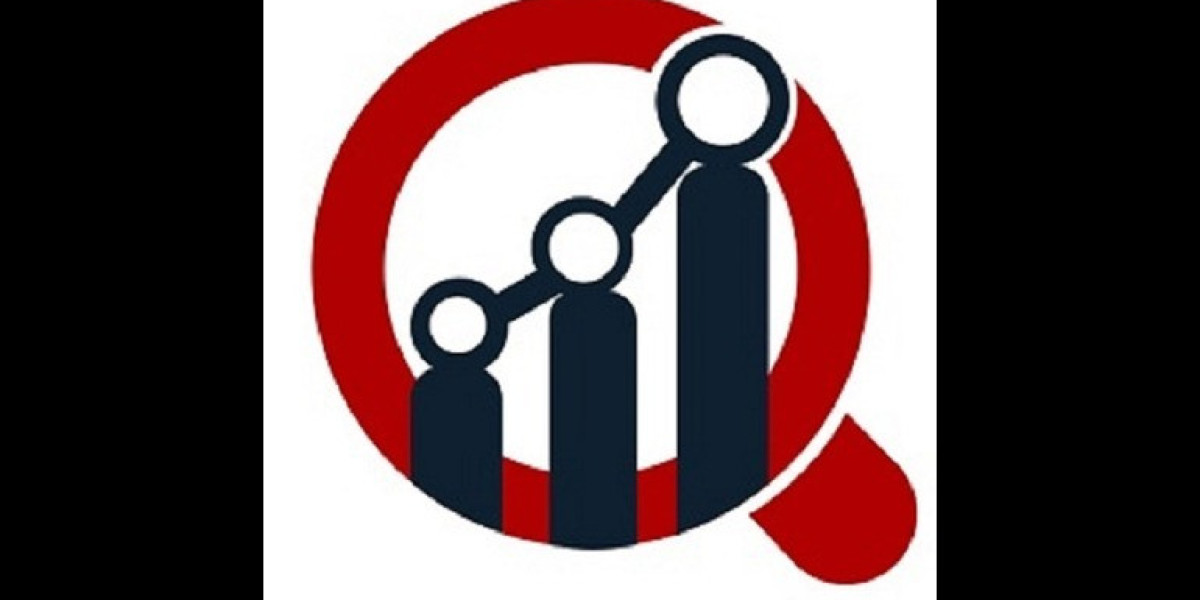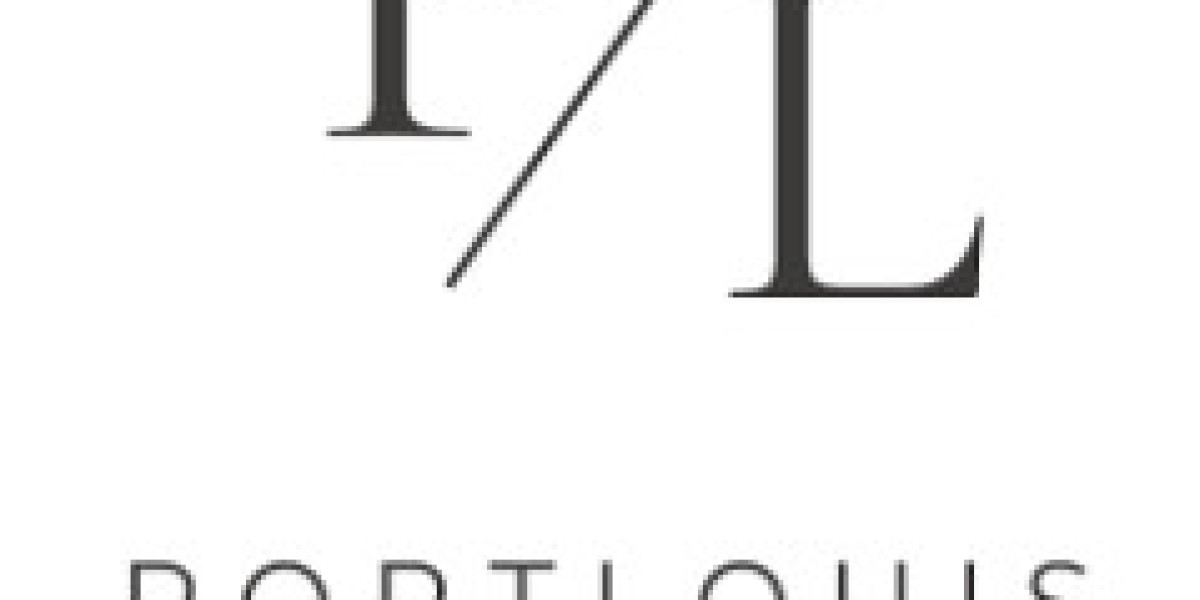The global financial sector continues to evolve with innovative financing models gaining momentum, and the Leasing Market Trends highlight this transformation vividly. Leasing has emerged as a flexible alternative to traditional ownership, enabling businesses and individuals to access equipment, vehicles, and assets without heavy upfront investment. With growing demand for equipment lease, operational flexibility, and cost-efficient solutions, the leasing industry is witnessing robust growth across multiple sectors.
Expanding Adoption of Leasing Solutions
Leasing is increasingly recognized as a viable strategy for optimizing asset utilization and maintaining financial agility. Businesses are leveraging asset rental and operational leasing to manage cash flow, reduce maintenance burdens, and acquire technology or machinery without large capital expenditures. These models are particularly beneficial for SMEs and startups seeking efficient access to resources while maintaining liquidity.
Furthermore, the rise of finance lease and business lease solutions allows companies to customize payment schedules, align with project timelines, and incorporate leasing into broader financial planning strategies. This flexibility is redefining traditional asset ownership models and enhancing overall operational efficiency.
Technological Advancements Driving Market Growth
Digital innovation is accelerating the leasing market by streamlining application, approval, and management processes. Cloud platforms, AI-based risk assessment, and automated documentation are enabling faster transactions and improving customer experiences.
Integration with broader financial systems is also boosting efficiency. For example, the US Digital Banking Market demonstrates how digital infrastructure supports seamless lease financing, while the Germany BFSI Security Market highlights the importance of robust security frameworks in safeguarding financial data during lease transactions. These advancements make leasing more accessible and trustworthy for businesses and consumers alike.
Key Trends Shaping the Leasing Market
Increased Demand for Asset-Light Models – Companies are prioritizing operational flexibility and cost efficiency over outright ownership.
Growth in Equipment Leasing – Rising demand in industrial machinery, IT equipment, and transportation sectors is driving market expansion.
Integration of Fintech Solutions – Automated lease processing, digital contract management, and online payment solutions are becoming standard.
Sustainability Initiatives – Leasing reduces waste and promotes resource optimization, aligning with environmental and CSR goals.
Emergence of Customized Lease Products – Flexible terms and asset-specific packages are attracting a broader range of business clients.
Future Outlook: Digital Leasing and Smart Asset Management
The leasing industry is set for continued growth as technology, data analytics, and digital finance converge. Companies can expect:
AI-driven asset valuation and lease recommendations
Real-time lease management and reporting dashboards
Integration with digital banking and financial platforms
Expansion of sector-specific leasing solutions for IT, healthcare, and transport
Enhanced customer experience through automated workflows and predictive maintenance alerts
These innovations position leasing as a strategic tool for businesses seeking financial agility and efficient resource utilization.
FAQs
1. Why is leasing gaining popularity among businesses?
Leasing offers financial flexibility, reduces upfront capital requirements, and allows businesses to access equipment and assets efficiently.
2. How does technology influence the leasing market?
Digital platforms, AI, and automation streamline approval, documentation, and asset management, making leasing faster, more accurate, and accessible.
3. What types of leasing solutions are commonly used?
Common solutions include equipment lease, operational leasing, finance lease, and business lease models that cater to different asset classes and business needs.
? MRFR BFSI Radar: Real-Time Market Updates ➤
wearable healthcare devices market








